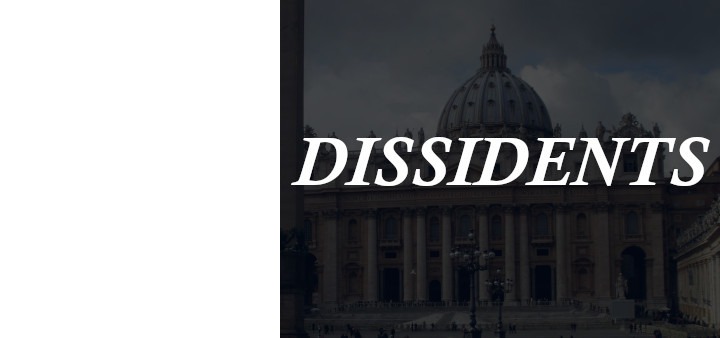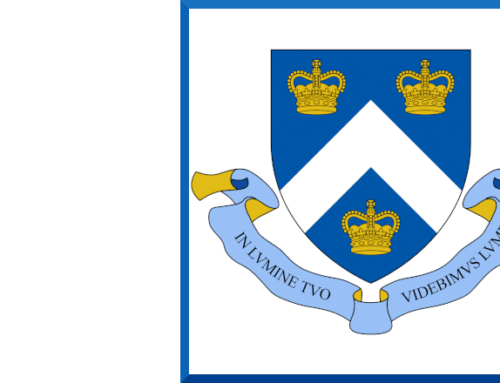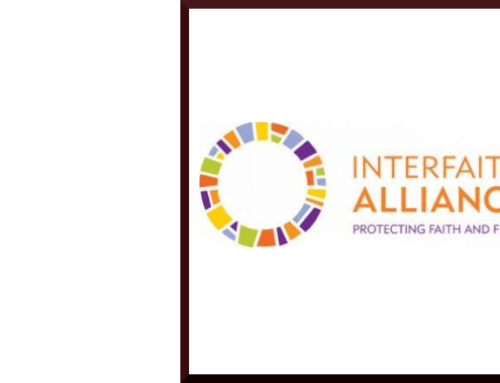The Catholic League has long criticized Catholic dissidents for their unrelenting condemnations of Catholic Church teachings. When they are selected to serve as advisors to the Vatican, that is even more problematic.
Three of the new consultors to the Synod, which will conclude its four-year term in October, are open about their dissident status. They clearly differ with the pope, as well as with the Catholic Catechism.
The Shepherd: Struggles, Reasons, and Thoughts on His Papacy was published last year. It features the pope’s responses to questions posed by Argentine journalist Sergio Rubin. When asked about ordaining women, the Holy Father made it clear that “holy orders is reserved for men.”
Breaking from this Church teaching is Sister Birgit Weiler, professor of theology at the Pontifical Catholic University. “I believe it must be possible for women who feel called to do so to be admitted to the priesthood.”
Tricia Bruce is president of the Association for the Sociology of Religion and a professor at the University of Notre Dame. She favors women deacons, which is one step away from priesthood. More telling is her endorsement of the now defunct dissident group, Voice of the Faithful. She wrote a glowing book about it, crediting them with being “an advocate for internal change.” The changes they sought were a wholesale revision of the Church’s teachings on marriage, the family, and sexuality.
Maria Clara Lucchetti Bingemer is professor of theology at the Pontifical University of Rio de Janeiro. She has accused the Church of discriminating against women, saying it is “still molded by the patriarchal identity so prevalent in the Judeo-Christian tradition.” She is convinced that patriarchy means “women are oppressed because of their own bodies.”
We understand it when an organization—any organization—seeks advice on how to improve its performance. But when the core strictures that define an organization are up for grabs, it makes one wonder why those who reject them are asked for advice. This is especially true when the organization professes to reflect the word of God.
If the hierarchy of a vegan society were to invite anti-vegan devotees to advise them on how to progress, its members might wonder what is going on. When Church dissidents are invited to advise the hierarchy of the Catholic Church, its members can be forgiven if they are more than skeptical. If this is pandering, that is disturbing. Hopefully it is not more than that.







